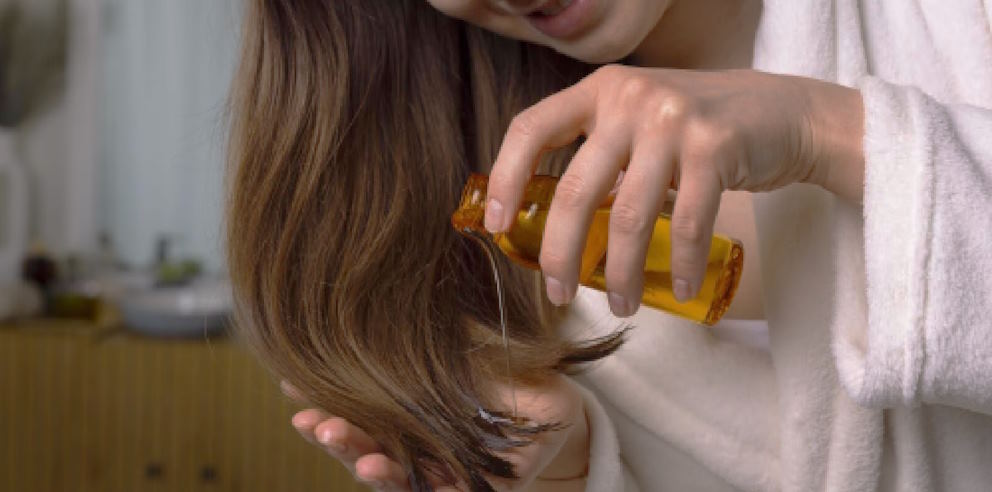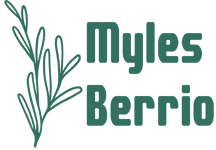With the booming popularity of natural haircare, there’s an incredible array of products and techniques available today, tailored specifically to the needs of curly, coily, and wavy hair textures. Natural haircare is more than just a beauty routine; it’s a cultural shift that celebrates diversity and individuality. For many, it’s about going back to their roots, quite literally, by embracing their God-given hair texture and patterns. It’s a declaration of self-confidence and a step towards a healthier, more sustainable approach to hair maintenance. Whether you’re looking to rejuvenate your existing natural haircare routine or considering the exciting transition, our tips and advice are here to help you embark on a journey towards healthier, happier, and more fashionable tresses.
The Basics of Natural Haircare
When it comes to nurturing your natural tresses, it all starts with the basics. Shampooing and conditioning form the cornerstone of any haircare routine, and for those with natural hair, it’s crucial to understand the specific needs and nuances of your locks.
Shampooing and Conditioning
- The Importance of Sulfate-Free Shampoos: Natural hair tends to be more delicate and prone to dryness compared to other hair types. Sulfate-free shampoos are a game-changer for naturalistas. Unlike traditional shampoos, they’re gentler and won’t strip your hair of its natural oils. Sulfates can be harsh and contribute to frizz, making sulfate-free shampoos a must for maintaining moisture and preserving your hair’s natural beauty.
- How to Choose the Right Conditioner: Conditioners are your best friend in the world of natural haircare. Opt for a conditioner specifically designed for your hair type, and look for one that’s rich in moisture-boosting ingredients like shea butter, coconut oil, or aloe vera. Apply the conditioner generously, and don’t skimp on it. Let it sit for a few minutes before rinsing to ensure your hair drinks up all that nourishing goodness.
Detangling
- Methods for Gentle Detangling: Tangles and knots can be a daily struggle with natural hair. To avoid breakage, use your fingers or a wide-toothed comb to gently detangle your hair, starting from the tips and working your way up to the roots. Be patient and take your time to prevent unnecessary damage.
- Tools and Products to Aid in the Process: Consider using a detangling spray or a leave-in conditioner to make the detangling process smoother. These products add slip, making it easier to work through knots and snarls without harming your strands.
Moisture and Hydration
Moisture is the lifeblood of natural hair. The unique texture and structure of natural tresses make them prone to dryness and frizz, but with the right approach to moisture and hydration, you can keep your curls, coils, or waves looking lush and vibrant.
The Significance of Moisture for Natural Hair
The importance of moisture for natural hair cannot be overstated. It’s the key to achieving that sought-after softness and definition. When your hair is well-hydrated, it’s less prone to breakage and split ends, and it can better withstand the rigors of daily styling. In essence, moisture is the secret to unlocking the full potential of your natural hair and showcasing its true beauty.
Tips for Maintaining Moisture Balance
Maintaining the right moisture balance can be a bit of a juggling act. To keep your natural hair happy and hydrated, consider these tips:
- Hydrate from Within: Start with a healthy diet and plenty of water. Your hair’s moisture levels are closely linked to your overall health.
- Use a Leave-In Conditioner: After washing and conditioning your hair, apply a leave-in conditioner. This extra layer of moisture helps to seal in hydration.
- Avoid Over-Shampooing: Frequent shampooing can strip your hair of its natural oils. Opt for a mild shampoo and limit your wash days to maintain your hair’s natural moisture.
DIY Moisture Treatments and Deep Conditioning
Sometimes, your hair needs a little extra love. Deep conditioning and DIY moisture treatments are excellent options. A deep conditioner penetrates the hair shaft to provide intense hydration, while DIY treatments using ingredients like honey, aloe vera, and coconut oil can rejuvenate your locks naturally.

Haircare Products for Natural Hair
Choosing the right products for your natural hair is a significant part of your haircare journey. Understanding the ingredients to seek out, those to steer clear of, and having some product recommendations can make all the difference in your quest for healthy, vibrant tresses.
Ingredients to Look For
- Shea Butter: Shea butter is a natural emollient that can deeply moisturize and nourish your hair, leaving it soft and manageable.
- Coconut Oil: Coconut oil is known for its ability to penetrate the hair shaft, reducing protein loss and adding shine.
- Aloe Vera: Aloe vera is a fantastic natural conditioner, known for its soothing properties and ability to promote hair growth.
- Glycerin: Glycerin is a humectant that helps your hair retain moisture, keeping it well-hydrated.
Products to Avoid
- Sulfates: Sulfates can be too harsh for natural hair, stripping it of its natural oils and leading to dryness and frizz.
- Parabens: Parabens are preservatives that may disrupt hormonal balance and have been associated with potential health risks.
- Mineral Oil and Petrolatum: These ingredients can clog hair follicles, inhibiting hair growth and leading to a greasy feel.
Recommendations for Natural Haircare Products
- Shampoo: Look for sulfate-free shampoos like SheaMoisture Coconut & Hibiscus Curl & Shine Shampoo.
- Conditioner: Consider using SheaMoisture Raw Shea Butter Restorative Conditioner for deep moisture.
- Leave-In Conditioner: Try Kinky-Curly Knot Today Leave-In Conditioner to keep your hair hydrated throughout the day.
- Styling Products: As I Am DoubleButter Cream or Eco Styler Gel are excellent choices for styling and defining your curls.

